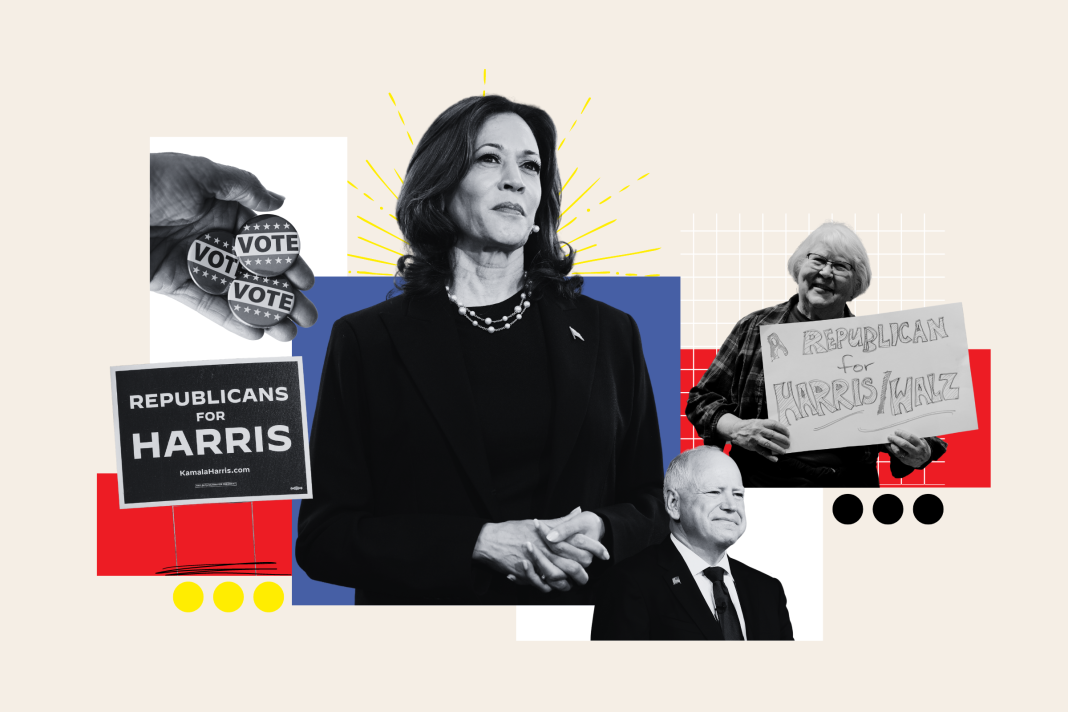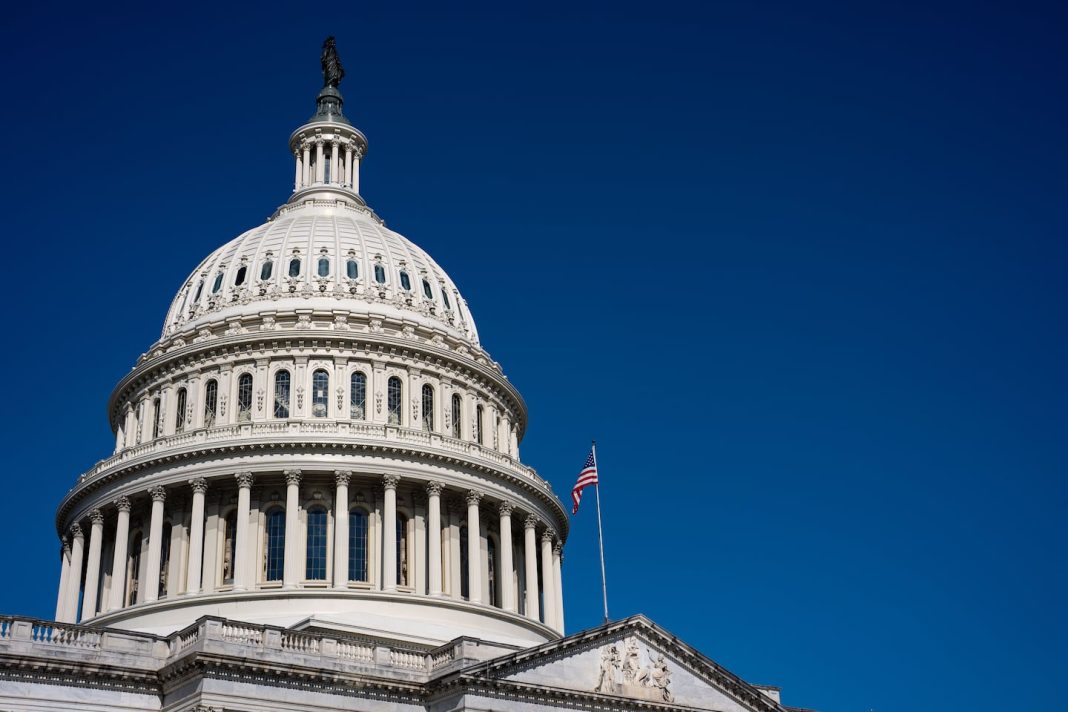Kamala Harris Gains Unexpected Support from Republican Voters, Polls Show
As the 2024 presidential race heats up, Vice President Kamala Harris is making waves by attracting an unexpected number of Republican voters, according to recent polls. This shift in support could significantly alter the dynamics of the election, particularly in crucial battleground states where both candidates are vying for every possible vote.
Recent polling data reveals a notable increase in Republican support for Harris. A national poll conducted by The New York Times and Siena College between September 29 and October 6 found that 9% of Republicans expressed their intention to vote for Harris, a rise from just 5% the previous month. Similarly, a Cygnal poll conducted on October 2 and 3 showed a jump from 3% to 9% among Republicans favoring the vice president. Emerson College’s poll also indicated a modest increase, with 7% of Republicans backing Harris, up from 5% at the start of September.
In contrast, former President Donald Trump appears to be losing ground among Democrats, with his support dropping from 6% to 4% in the latest Emerson College poll. This trend suggests that while Harris is gaining traction, Trump may be facing challenges in maintaining his base.
So, what’s behind this surprising shift? Political analysts point to Harris’s strategic outreach efforts in swing states. Thomas Gift, director of the University College of London Centre on US Politics, noted that Harris has made a "concerted effort" to appeal to Republican voters, particularly in states like Pennsylvania. Her campaign has opened 50 headquarters in rural, conservative areas, aiming to connect with GOP voters who are disillusioned with Trump.
Gift emphasized that Harris’s approach contrasts sharply with that of former Secretary of State Hillary Clinton, who famously labeled Trump supporters as a "basket of deplorables" during her 2016 campaign. "Harris’s effort to reach across the aisle is a refreshing change," he said, highlighting the importance of engaging with voters rather than alienating them.
Another factor contributing to Harris’s rising popularity among Republicans may be Trump’s struggles with female voters. Mike Tappin, an honorary fellow at Keele University, pointed out that Harris’s strong stance on women’s rights, particularly regarding abortion, has resonated with many women who might otherwise lean Republican. The Supreme Court’s decision to overturn Roe v. Wade has intensified this issue, pushing some voters away from Trump, who has been perceived as inconsistent on women’s rights.
Polling data supports this notion, with Harris enjoying overwhelming support from women voters—56% in the latest New York Times/Siena College poll. In swing states, she leads among women voters, except in Arizona, where Trump holds a slight edge.
The endorsement of Harris by prominent Republicans, including former Representative Liz Cheney and her father, former Vice President Dick Cheney, further underscores this trend. Liz Cheney stated, "As a conservative, I will be voting for Kamala Harris," citing the danger posed by Trump. Her father’s endorsement echoed similar sentiments, emphasizing the need to prioritize the Constitution over party loyalty.
As the November 5 election approaches, the question remains: how will these shifting allegiances impact the final outcome? With women making up a significant portion of the electorate, their votes could be pivotal in determining the next president.
In a political landscape that often feels polarized, Harris’s ability to attract support from across the aisle could be a game-changer. As both candidates ramp up their campaigns, it will be fascinating to see how this unexpected trend unfolds and what it means for the future of American politics.



